Securing your home while you're away doesn't just mean locking your doors and windows. Make sure you take these steps so you don't come home to any unhappy surprises.
How to Set Up Your House Before Leaving for Summer Vacation
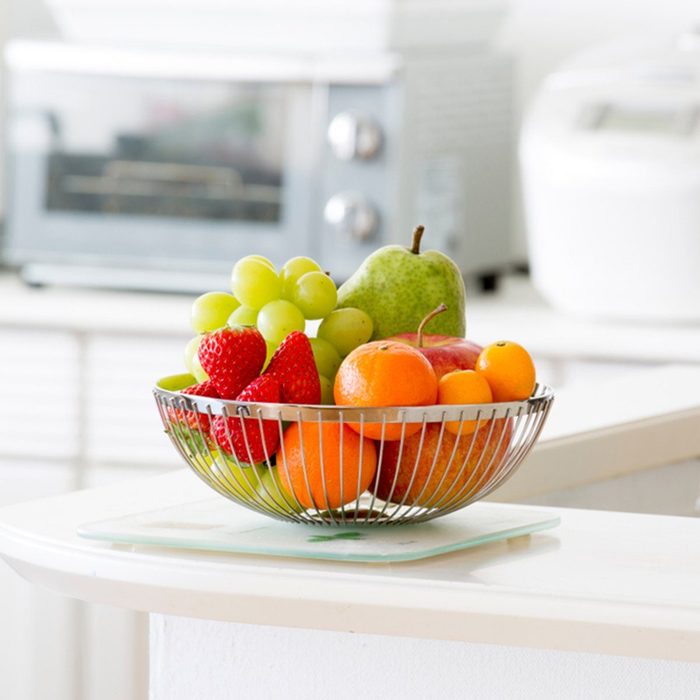
Dispose of Perishable Foods
Fruits, vegetables and other perishable food items should be removed from your refrigerator and pantry before you leave for vacation. If it will go bad before you get home, toss it. And while you’re at it, make sure to take the trash out before you leave. By the way, here’s how to keep food from perishing during a power outage.
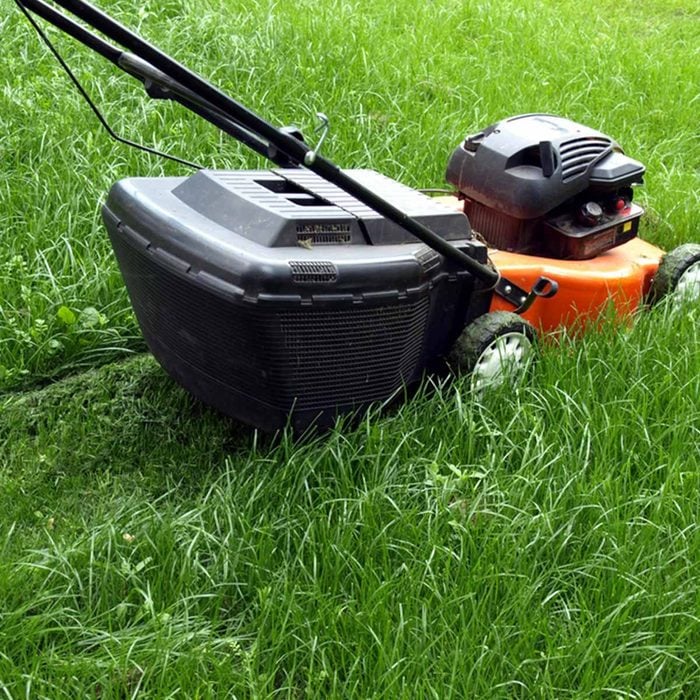
Make a Lawn Care Plan
If grass grows quickly in your yard and you will be gone for an extended period, find or hire someone to mow your lawn while you’re gone. An overgrown yard will welcome unwanted critters like snakes. If it’s too overgrown, you could incur fees from the municipality or a homeowners association.
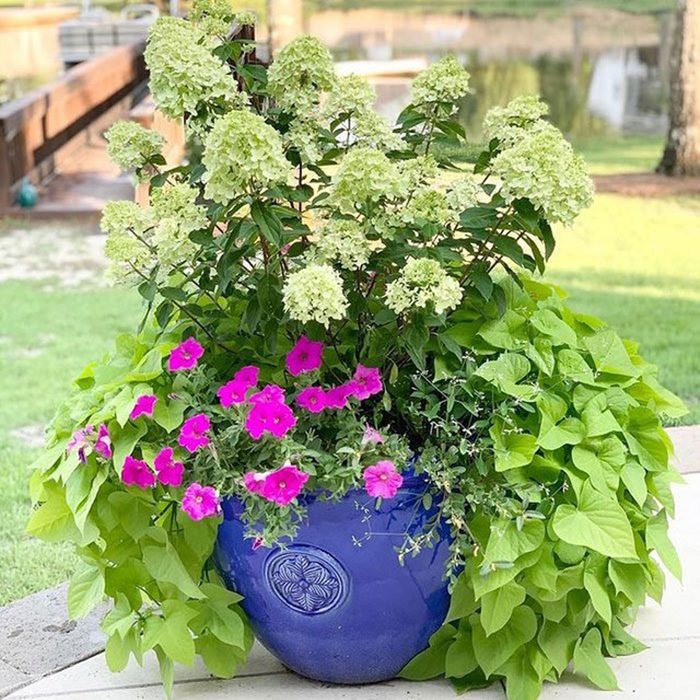
Account for Plants, Too
Like your lawn, be mindful of your indoor and outdoor plants. Schedule someone to water your plants as frequently as you normally do. You might want to pick up these houseplants that literally can’t be killed.
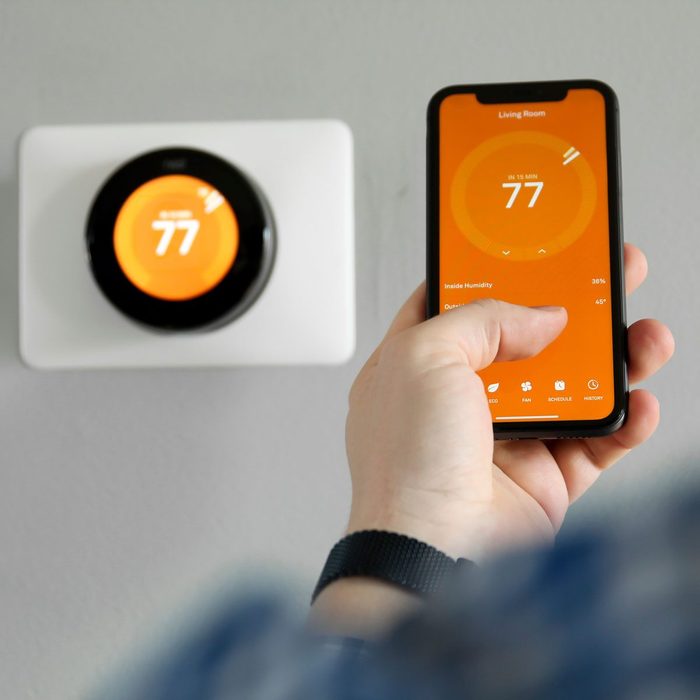
Adjust Thermostat
If your home has central air conditioning, adjusting the thermostat for a few weeks can save homeowners lots of money on their energy bill. The U.S. Department of Energy suggests leaving it at 85°F to 90°F during summer vacation. That number can be adjusted depending on your region of the country. Here’s why you should take a picture of your stove before going on vacation.
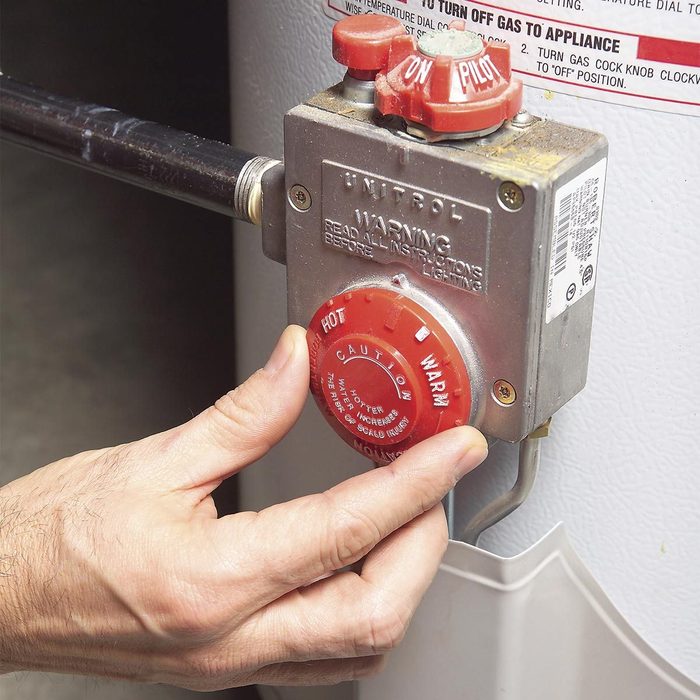
Put Water Heater in “Vacation Mode”
The temperature gauge on most tank water heaters includes a “vacation mode.” This prevents the unit from wasting energy heating water that won’t be used. Just remember to return the gauge to its usual setting once you return home.
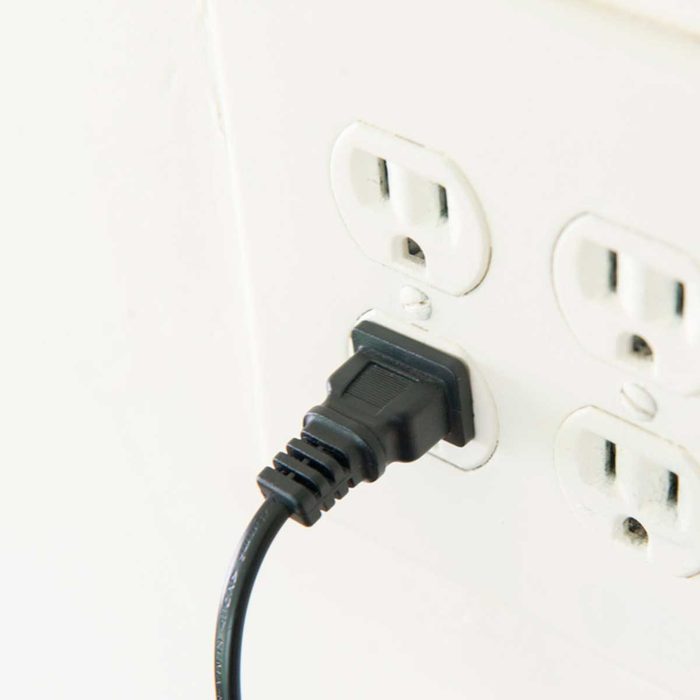
Unplug Appliances and Electronics
Save money on your energy bill and avoid the risk of an electric fire while you’re gone by unplugging any electronics not associated with home security, lighting or your refrigerator. There’s no need to leave your printer or bedroom TV plugged in when no one’s around to use it.
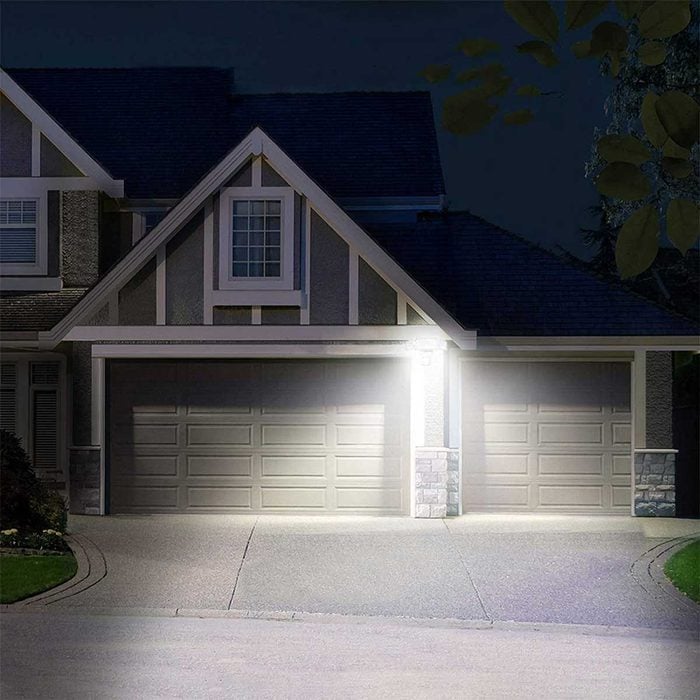
Put Lights on Timers
If you have smart or programmable lights, set them to come on at night while you’re away to ward off any potential thieves.
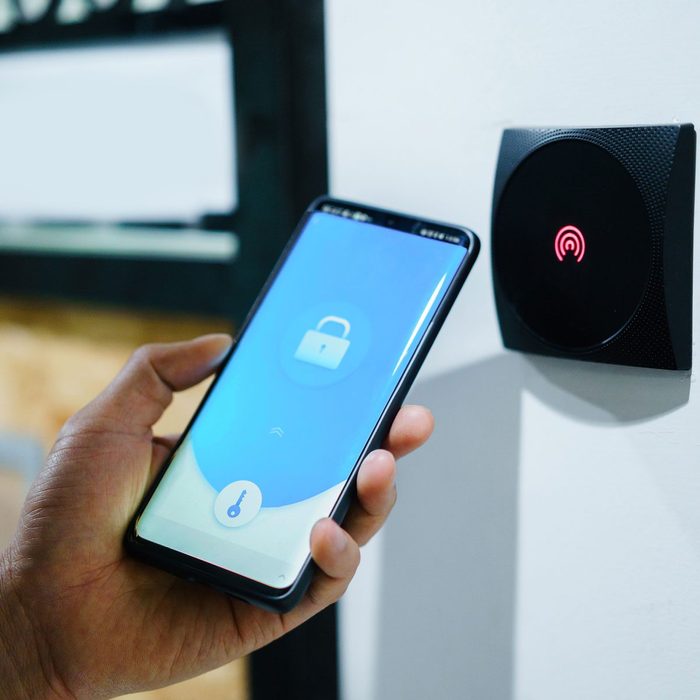
Check All Locks and Security Systems
This may seem obvious, but be sure all doors and windows are locked, including any gates or sheds. Also, arm your security system before you leave. If you’re the type who can never remember if you turned something on or off, there’s likely an app for your smartphone associated with your home security system where you can double-check and correct it from your vacation spot.
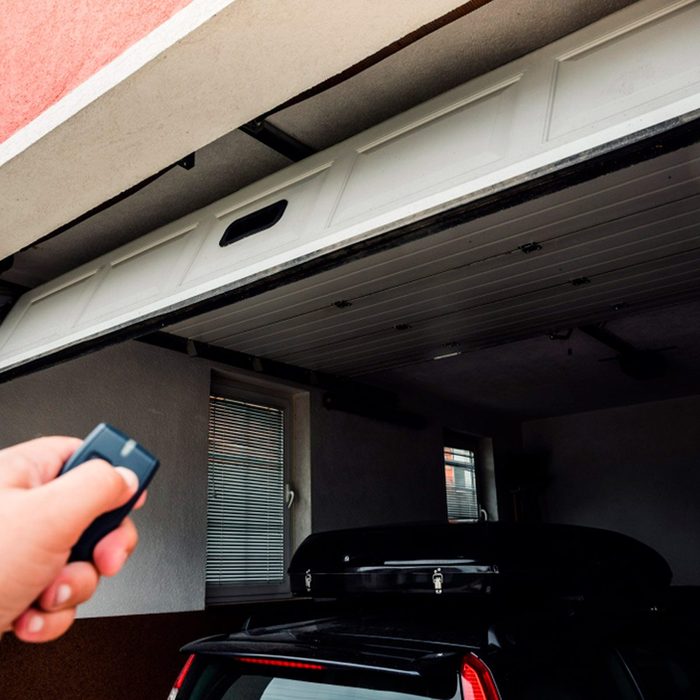
Move Cars Into the Garage
Don’t risk a car break-in while you’re away. If you can’t fit all your cars in the garage, remove any valuables until you return. Be sure to remove your garage door opener too as they’re an easy way for thieves to get into your home. It is also a good idea to check if any neighbors would be comfortable leaving their car in your driveway occasionally while you’re away. That discourages burglars by suggesting someone is actually home.
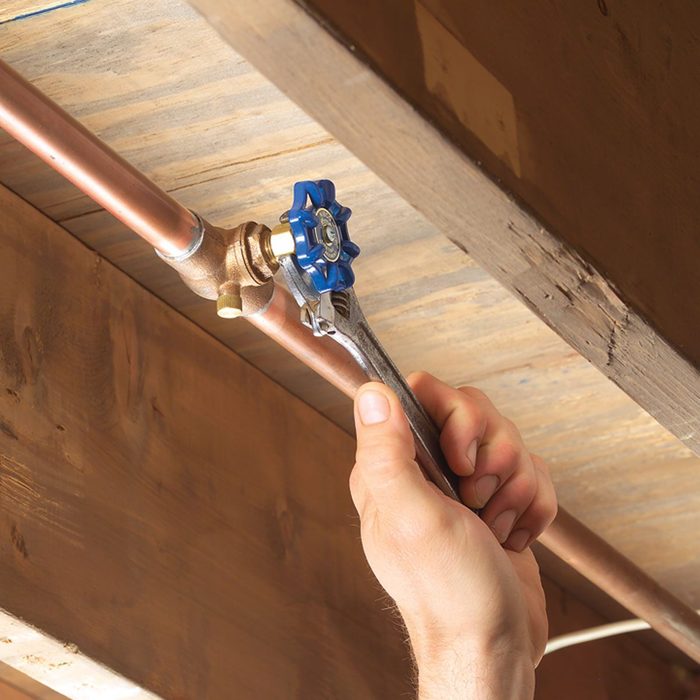
Shut Off Water
A prolonged water leak can wreak havoc on your home. If you plan on being away for more than a couple of weeks, shut off the main water valve to the entire home. If you will be gone for less than two weeks, stop water to the washing machine, dishwasher and sinks. Here’s why you should always turn off your bathroom fan before going on vacation.
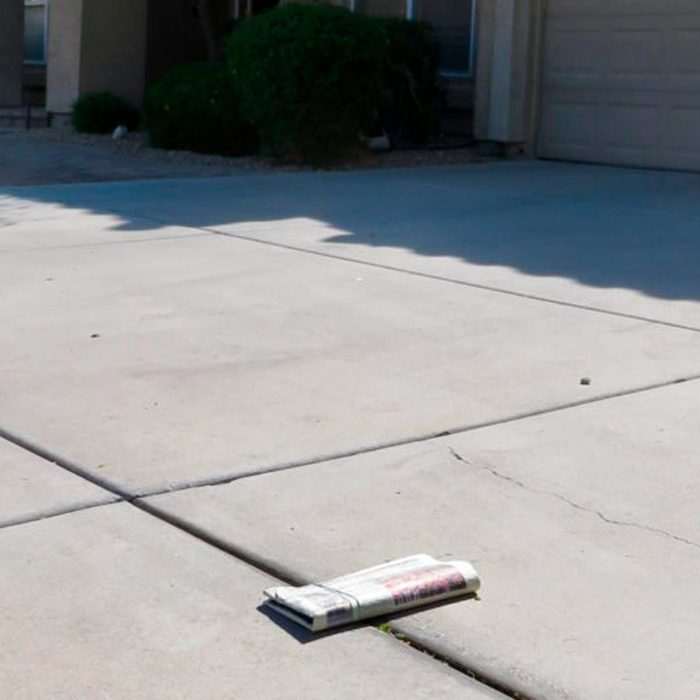
Pause Newspaper, Mail and Package Deliveries
A pile of newspapers in your driveway is a welcome sign to potential thieves. That’s true for an overflowing mailbox or packages on your porch, too. Most mail or delivery services let you stop delivery while you’re on vacation. Or ask a neighbor to pick them up and hold them for you. Psst: this is the worst time to travel during Thanksgiving week.
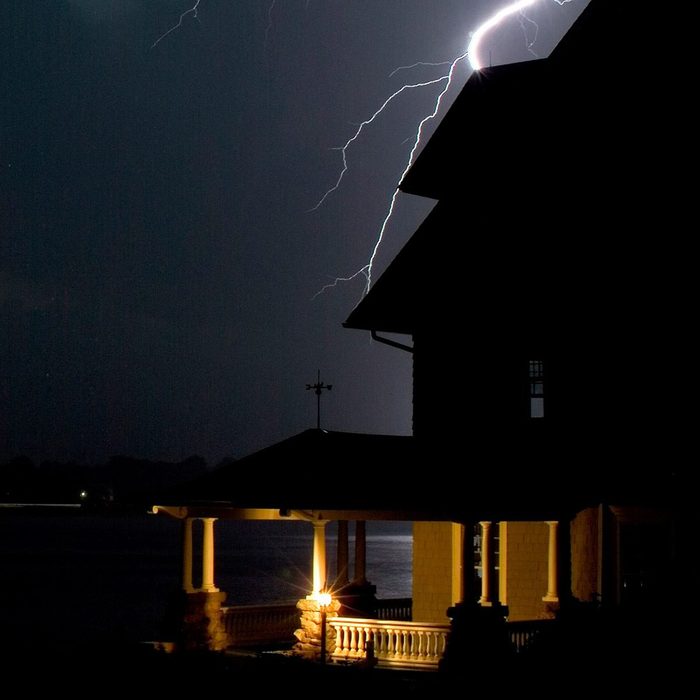
Prepare for Potential Severe Weather
If you live in a storm-prone area like the South during hurricane season, take the same precautions you’d normally take if you were home. Coordinate with a neighbor and put a storm plan in place if dangerous weather is in the forecast.
Next, read up on the foods that you can and can’t bring on an airplane.